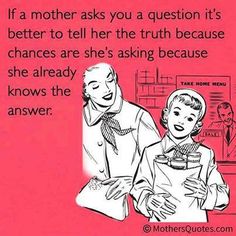For many families, honesty is a non-negotiable virtue family members must live up to. Along with trustworthiness, integrity, justice and truthfulness all are important in our relationships. Yet, we also need to practice our tact, peacefulness, courtesy and tolerance. Our job as parents is to help our children understand how to balance these virtues. It is important for their social manners.
One example may be when our child receives a gift from a relative or friend. They may already have or perhaps they do not like what they received. If we are not using our tact it would be easy to hurt the feelings of the presenter of the gift. No doubt they are giving you something that they believed would make you happy. Teaching our children to use tact when a situation like this comes up is key to their social manners. They might say, “Thank you” in a sincere manner. They recognize the intention of the giver. Their response should make the other person feel appreciated for their thought.
Beyond social manners, there are times when honesty is not safe. We want our children to know that safety calls for caution. Certain private information about ourselves or family we will not divulge to a stranger.
- Name
- Address
- Phone number
- Passwords
- What school we attend
- Answering the door when parent is not available
- Giving help to someone we do not know
The next question you need to discuss with your child is what is a stranger. You do not want to scare them of everyone that they meet. So think about how you would do this and what rules you may set that would help them decide. This is a different discussion than on honesty that we are talking about today. I will write a post on helping children identify strangers and link it here.

 Honesty is a virtue that all parents value, especially when it comes to their children. We expect them to tell us the truth, to be forthcoming in all of their situations. We expect that
Honesty is a virtue that all parents value, especially when it comes to their children. We expect them to tell us the truth, to be forthcoming in all of their situations. We expect that 